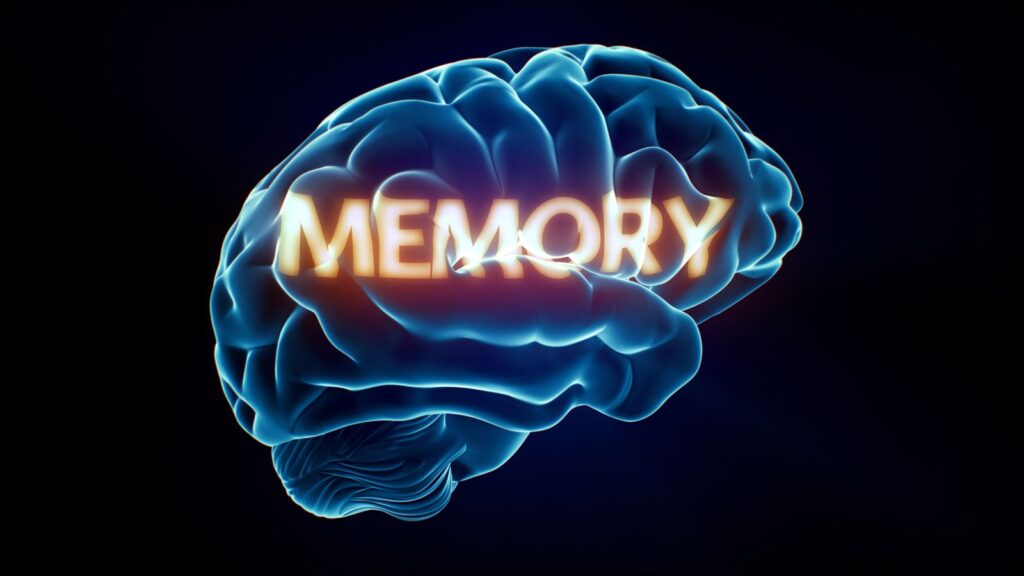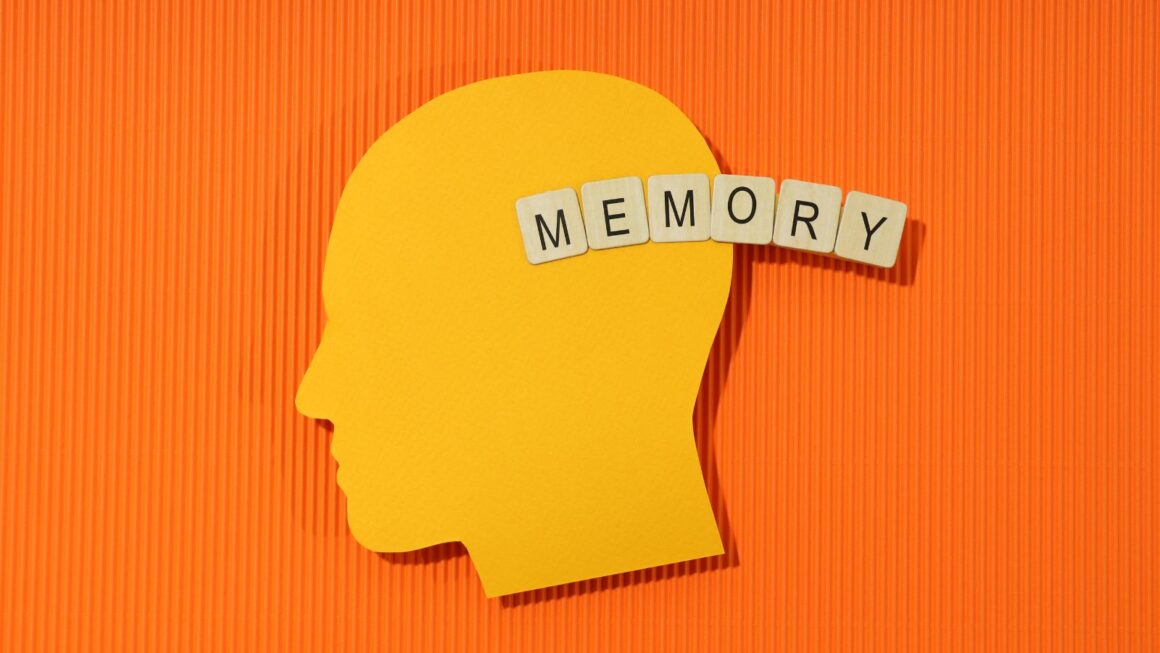
Many people think of photographic memory as a kind of flawless precision visual recall, like a camera catching a scene. This idea, however, is really a fiction. Actually, eidetic memory an uncommon skill in which a person can vividly retain an image for a limited duration after merely a cursory glance—is what exists.
The important distinction is in memory storage. A kind of visual memory recall known as eidetic recall fades within seconds to minutes. On the other hand, generally understood photographic recall (as popularly imagined) would be a permanent, perfect mental picture.
Is A Photographic Memory Real?
Though most people think of photographic recall as real, no studies support its reality. The belief probably results from too dramatic tales of geniuses or savants with remarkable memory capacity.
Some people with hyperthymesia, a disorder connected to autobiographical memory, have amazing recall of events from their lives. This does not imply, however, that they store pictures with perfect accuracy. Their memories serve more as emotional and experience-based links than as an internal picture book. This confirms the fact that the average brain is designed to encode visual details with perfect accuracy for only a short period of time, while over time this accuracy is lost.
However, chess grandmasters and mathematicians who see intricate patterns in their brains provide an example of remarkable recall. Still, their ability comes from years of experience and pattern recognition rather than from superhuman eidetic recall.

Test Your Memory: Eidetic Vs Photographic Memory Exercises
Interested in your capacity for memory? An eidetic memory test consists of momentarily seeing a picture and then explaining every detail you recall. You could have good eidetic recall if you can precisely rebuild colors, patterns, and forms in a few minutes. Even the most striking photographs, however, eventually fade with time.
Theoretically, a photographic memory test would have a highly detailed scene seen and then remembered every element days or weeks later. However, nobody has consistently passed such a test, therefore supporting the belief that photographic recall is non-existent.
Is Your Memory Getting Better?
Memory enhancement techniques help you improve your recollection even if you may not acquire actual eidetic skills. Retention may be greatly improved by the use of the loci (mind palace technique), visualizing exercises, and chunking of material into patterns.

Reducing distractions and practicing mindfulness may also help increase attention and change memory encoding in the brain. Solving puzzles, reading, and learning new skills may also aid in preserving cognitive plasticity, thereby guaranteeing improved long-term memory.
Improvement of memory also depends critically on a healthy lifestyle. Better cognitive ability comes from regular exercise, a balanced diet high in brain-boosting nutrients, and enough sleep. Studies of lifelong learners and mental problems have shown that these individuals often retain better memory as they become older.
Memory is ultimately about creating significant connections rather than just about preserving pictures. Although the myth of photographic memory endures, intentional approaches may help increase your eidetic recall thereby improving your recall of the surroundings. Anyone may increase their capacity for memory and efficient processing of data with the correct techniques.












